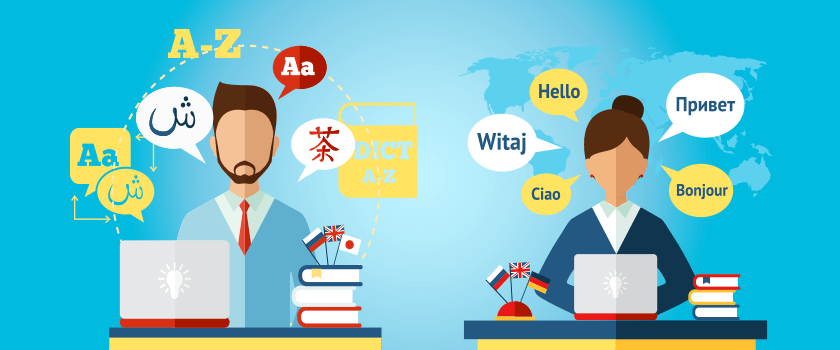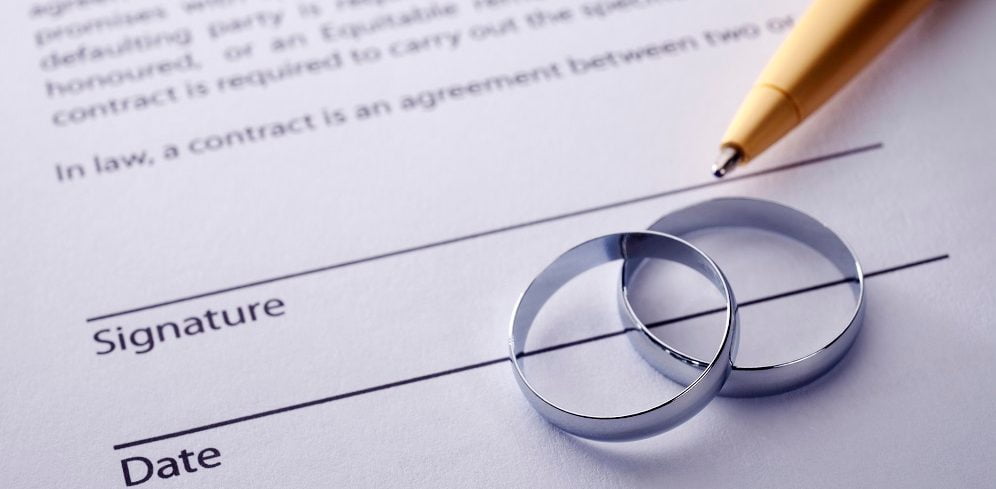Translation is a very crucial part of communication business and governance in a globalized, multicultural city like Dubai. Out of all the numerous language pairs applied throughout the UAE, the process of English to Arabic translation can be regarded as the most complex and culturally rich. Although the two languages are common in the area, they are very different in their structure, tone, and expression. This renders it hard to translate into the right language even to people who are proficient in the two languages. These challenges are underestimated by many companies and individuals that results in the typical mistakes that misinterpret meaning and professionalism. Nonetheless, Dubai professional translation services have devised sophisticated measures to avoid such traps so that there is linguistic accuracy that appeals to the Arabic speaking people.
The Grammatical and Structural Differences between English and Arabic
The failure to observe the basic grammatical differences between the two languages is one of the most common mistakes made in the translation of English to Arabic. English is a subject-verb-object (SVO) language and Arabic is a verb-subject-object (VSO) language. Such a structural difference can entirely change the sound of a sentence and its progression when translated word-by-word. Indicatively, word-to-word translation can easily lead to clumsy expressions that do not sound natural to the native Arabians. Besides, the gendered system of nouns and verbs in Arabic contributes to the further complexity. Every word may vary according to gender and number and depending on the case and neglecting these peculiarities may lead to grammatical errors or even misunderstanding of the meaning that is precise.
These differences are very conscious amongst professional translators in Dubai. They also reorganize the sentences so that they retain the continuity of natural flow in the Arabic language whereby the grammatical value does not contradict the rules of Arabic language. Such professionals also consider the regional taste of the Arabic-speaking world like differences between Gulf Arabic and Modern Standard Arabic to make the translations of the specific audiences without compromising their accuracy.
The Contextual and Cultural Subtleties of the Arabic Expression
The other serious issue is the cultural background that is integrated in both English and Arabic languages. English is usually direct and factual, and Arabic is usually expressive, elaborate and formal, especially when communicating in written form. Sounds and expressions which may appear neutral or professional in the English language may appear too informal or even disrespectful when translated directly into Arabic. Likewise, idioms, jokes, metaphors and other types of expressions that are well understood in English may become meaningless when translating without cultural consideration or even have a negative connotation.
The gap is closed by professional translators in Dubai with great cultural insight. They do not simply translate words, they read minds. As an example, when marketing and producing business resources, a professional translator will change the style and wording to appeal to the Arabic consumers on the emotional level, without altering the brand image. In government/legal documents, they enforce the cultural norms of formality and politeness which are vital to Arabic communication. Such a fusion of linguistic and cultural fluency is the reason as to why the content that is translated feels more natural and correctly placed as opposed to being a mechanical or a forced one.
Failure to Understand Technical and Legal Terms.
Another field where translation errors are frequent is the field of technical and legal documents. Such terms as medicine, engineering or law frequently do not have a direct Arabic counterpart in English and may be misinterpreted or be ambiguous in case of carelessness. Even one word that is mistranslated in a legal contract or a medical report can have severe repercussions, with the nullification of agreements to the endangerment of patients.
One way of dealing with this challenge in professional translation agencies in Dubai is to hire subject-matter experts, who are in technical or legal fields. These experts know what the industry specific words mean and can find the correct Arabic counterparts or words to explain. They also adhere to approved standardized glossaries used in local jurisdiction or international authorities, which are consistent and adheres to the UAE regulations. Moreover, certified translators in Dubai are subject to a serious quality control inspection and verification by external auditors to ensure that all the terms are legally and technically correct.
Excessive dependence on Machine Translation
The emergence of digital tools has seen many businesses and individuals tempted to use machine translation to communicate in English to Arabic. Although online translation tools such as Google Translate have become highly effective, they cannot be trusted when it comes to the complex and context-related texts. The linguistic diversity of Arabic and grammatical complexity tends to disorientate algorithms and produce direct and even nonsensical translations. Machine translation also does not retrieve tonal, emotional, and formal messages, and results in the message sounding robotic or not fitting to its target audience.
Professional translation services in Dubai overcome this by integrating computerized technology with the skills of the human beings. Computer-assisted translation (CAT) tools are being employed by many agencies to maintain reserved terminology databases and to guarantee the consistency of projects of large scale. Nevertheless, human translators will always check the final product and improve it with their cultural sensitivity and understanding of context that computers can never duplicate. This hybrid approach is efficient but does not interfere with accuracy or subtlety.
The Significance of Localization and Tone Adaptation
The other common error during the translation of English to Arabic is the inability to localize the content to suit the audience. Localization is not just a matter of language but by modifying the content to suit local culture, religion as well as consumer expectations. This factor is especially significant in Dubai where Arabic speaking residents represent the different regions of the Middle East and North Africa. A translation aimed at a Saudi group will not be the same, in terms of tone and phrasing, as one directed at Emiratis or Egyptians.
The professional translators of Dubai are good at localization. They not only localize the words but also images, color rates, and the message to reflect the Arabic cultural standards. In the case of marketing materials, this could be via imagery that is more regional sensitive or a rewording of slogans to ensure it achieves an identical emotional appeal as the English original. In the case of websites and other digital platforms, localization is so that Arabic text shows in the correct positions, right-left and date, time, and currency values are known to the region. Such care in detailing is a way of improving interaction with the users and establishing confidence among the Arabic speaking clients and consumers.
Conclusion: The Relevance of Professional Expertise
English into Arabic translation is much more than a linguistic practice, it is a cultural and communicative one. Every sentence has to be sensitive to grammar, tone and cultural meaning. The most typical ones, including the literal translation, grammatical errors, cultural insensitivity, and use of technical terms, can all be prevented through professional skills. The use of translation agencies in Dubai is associated with not only a high level of mastery of the language but also a profound mastery of the multicultural context of the city and rules. When it comes to translating marketing campaigns, legal documents or business correspondence, their presence makes sure that no word contains the wrong message, tone and influence.
In a more globalized Dubai where global communication is the main driver of business as well as the government, the importance of impeccable English to Arabic translations cannot be overemphasized. Through the provision of professionally provided services that integrate the proficiency of language and the cultural intelligence, organizations may be able to communicate effectively, respectfully and confidently across languages and cultures.


